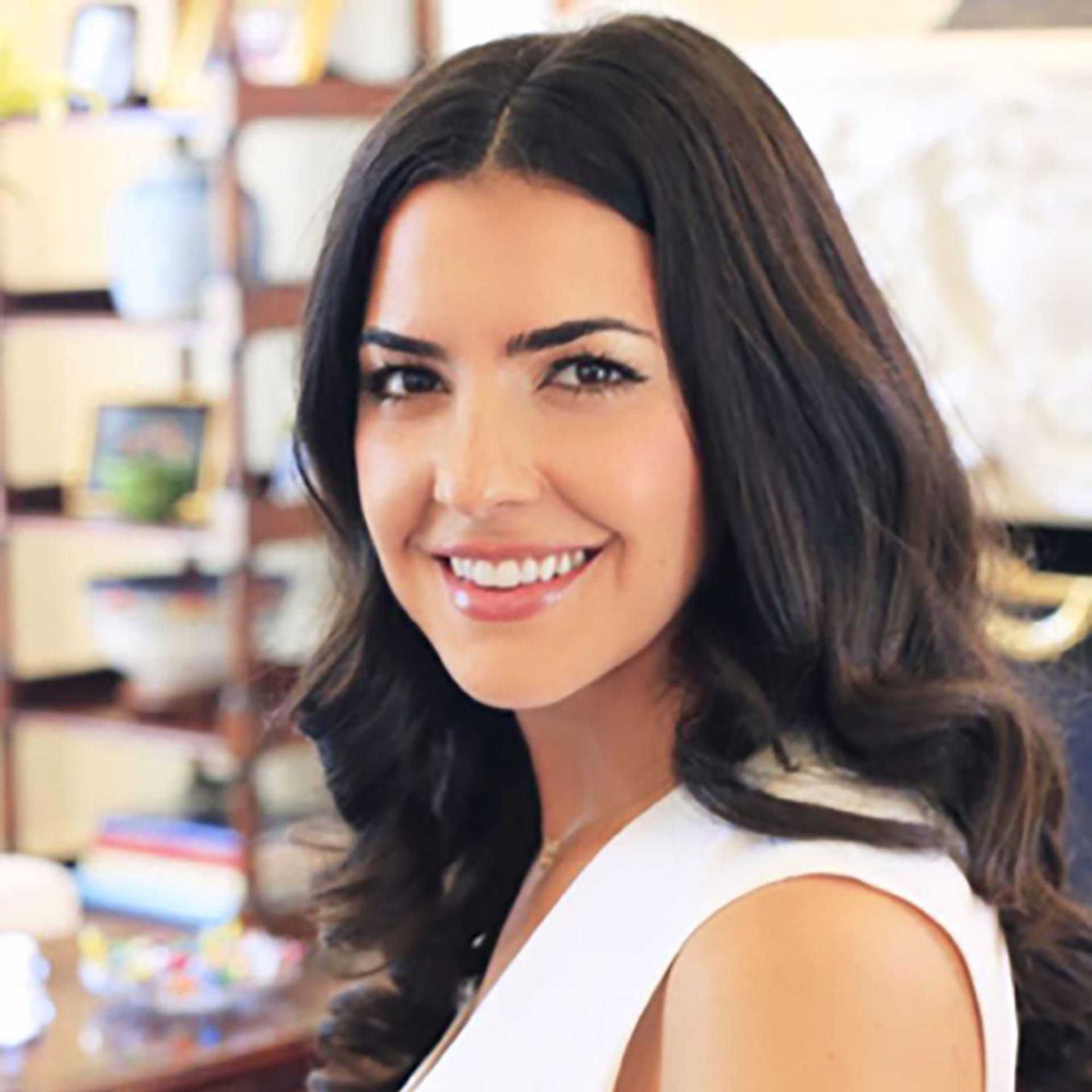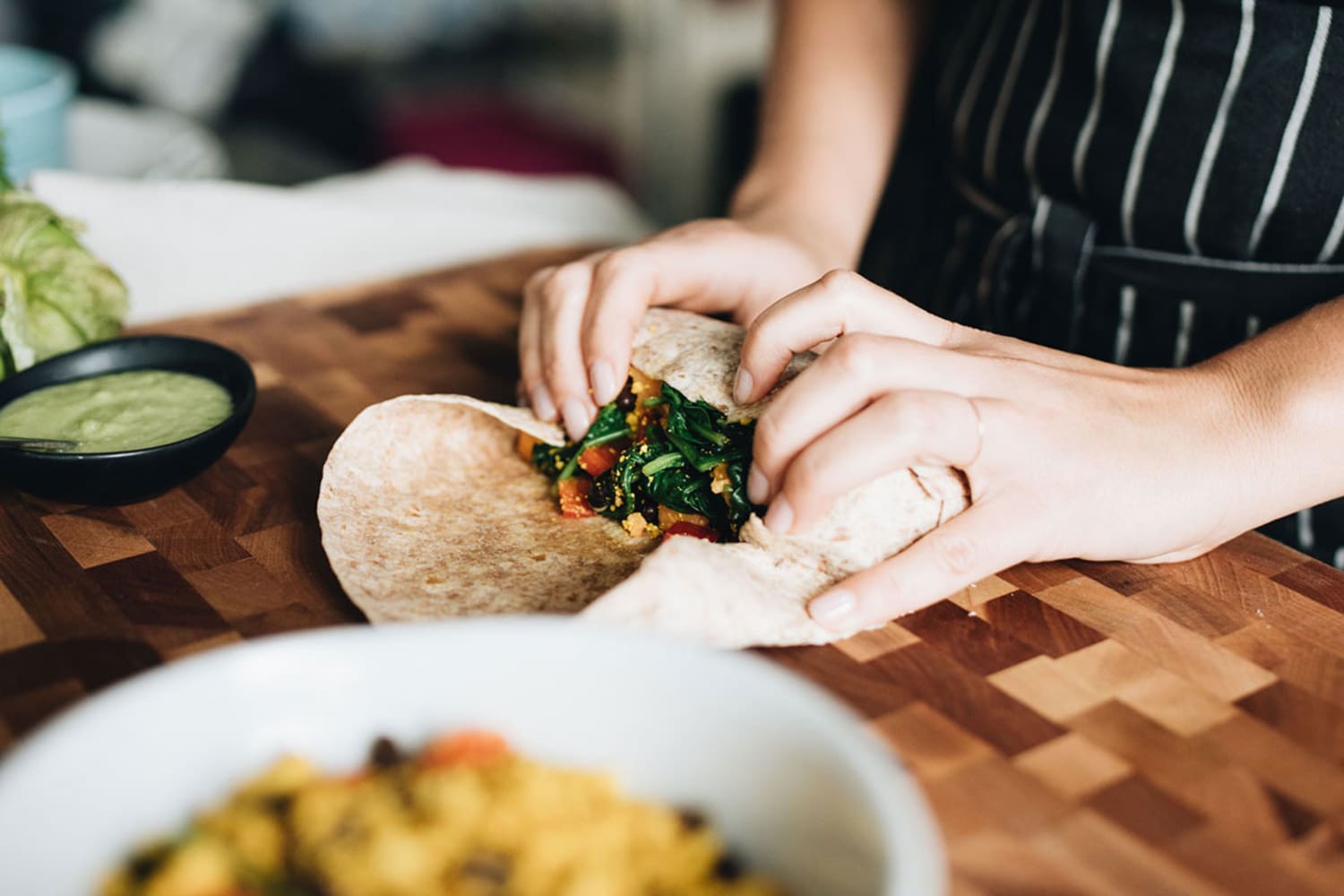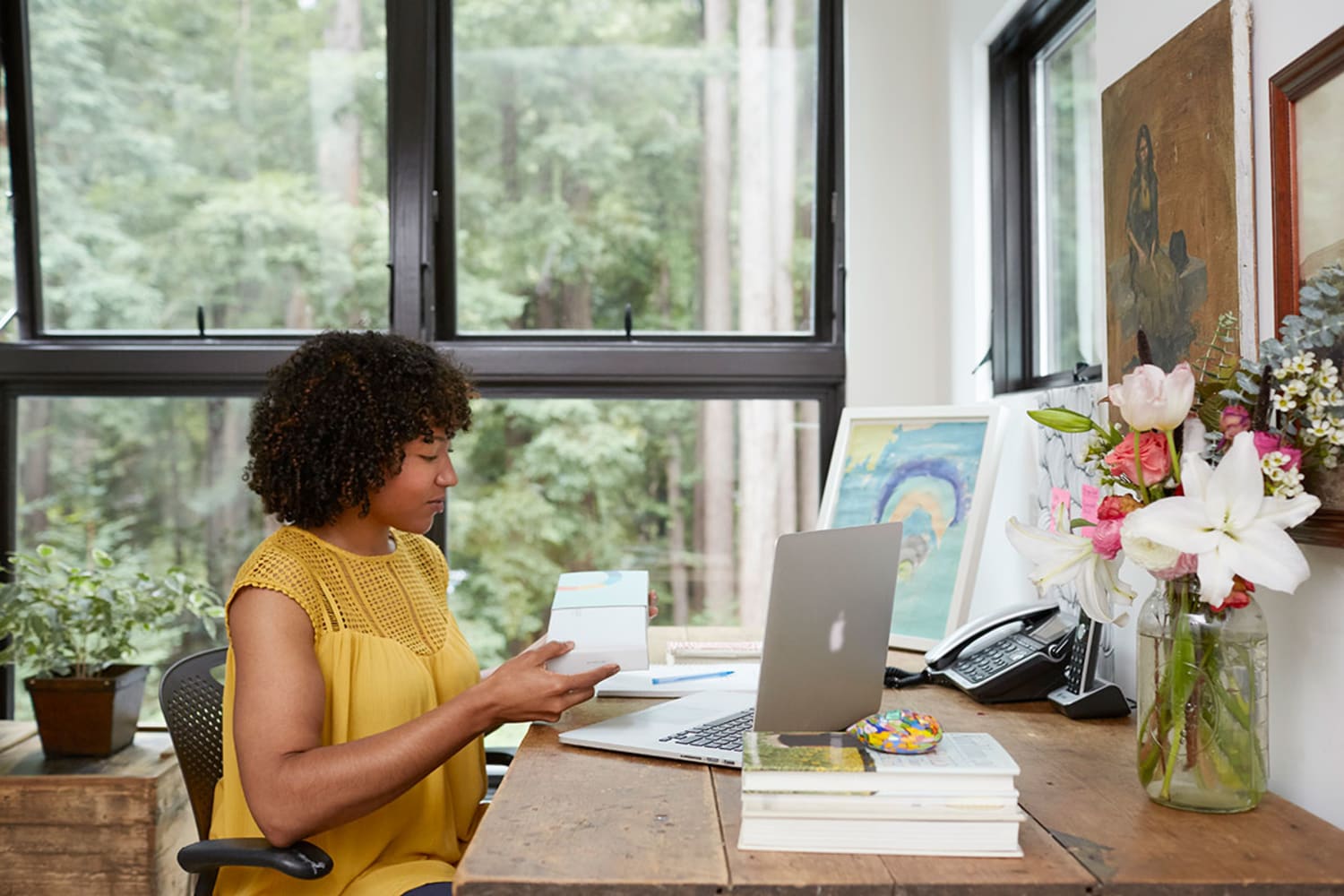Dr. Molly Maloof’s goal is to maximize human potential by dramatically extending human healthspan. Since 2012, she has worked as an independent advisor and strategy consultant to over 20 companies in San Francisco and Silicon Valley in industries including biotechnology, digital health, dietary supplements, and food technology. She is particularly interested in the intersection between data-driven wellness and personal health technologies, as well as personalized nutrition.
Below, she sounds off on the Innovation Group’s predictions for 2018 in the healthcare space, as well as what she sees on the horizon.
Across the past year, we talked about the idea of prescription nutrition—the idea of nutrition as a form of health care and a form of medicine gaining traction. Do you see that hitting the consciousness of your patients—really starting to scrutinize diet and have a more nuanced understanding of it?
Oh, my gosh, yeah. I have a pretty standard protocol for anybody who has autoimmunity. These are very drastic life changes. You are basically eliminating everything that’s wrong with the food system from your diet, which means you’re eliminating processed packaged food, many grains, and adding in 8-10 servings of produce a day.
What I’m hoping to see is companies like Euphebe come along that make whole natural food available to people so that it’s delicious and people want to eat it, but they’re also inspired to eat it because they know they need to, because of their body. Food being prescribed as medicine, its first time through is just recommendation, but then solutions are going to be the big winner. Amazon, I think, is going to be a big part of that.











